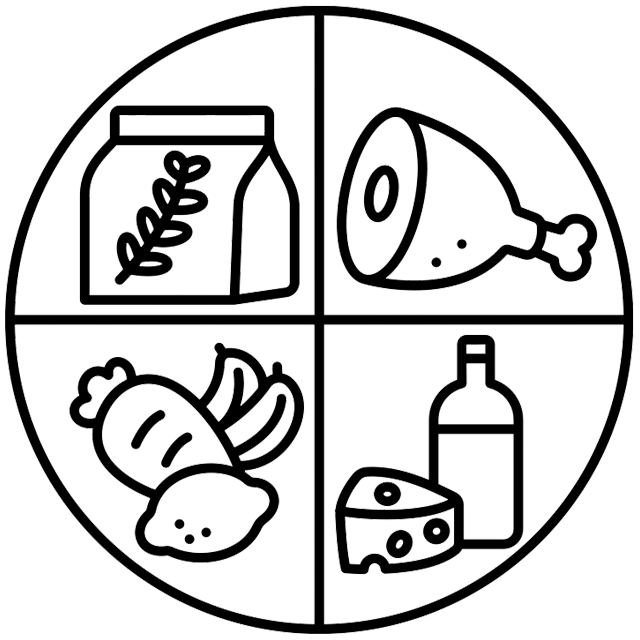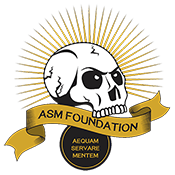Diet/Supplementation/Gut Microbiome

The relationship between diet, supplementation, gut microbiome, and the central nervous system (CNS) is a burgeoning area of research with significant implications for first responders. Known collectively as the “gut-brain axis,” this connection underscores how gut health directly impacts mental health, cognitive function, and stress resilience — all critical aspects for individuals in high-stress professions like first responders. Here’s an overview of why diet, supplementation, and gut microbiome health are vital for first responders in maintaining a regulated CNS, along with supporting sources.

For first responders, maintaining a regulated CNS through diet, supplementation, and gut microbiome health is crucial due to the direct impact these factors have on stress resilience, mental health, and cognitive function.
Adopting a diet rich in nutrient-dense foods, considering evidence-based supplementation, and fostering a healthy gut microbiome can provide a foundation for improved mental health and cognitive performance, enabling first responders to manage the high demands of their profession more effectively.
